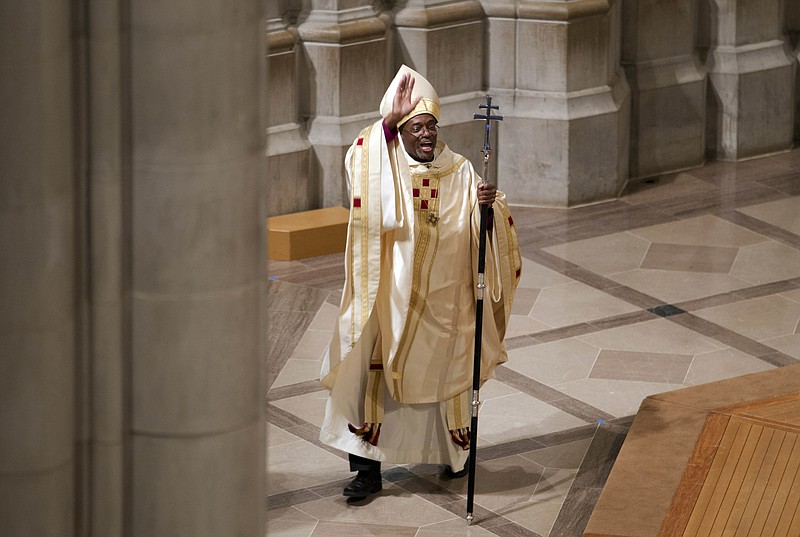Christian groups have recently been putting more time and resources into addressing racism, with the issue at the forefront because of police shootings of black men and the Black Lives Matter movement.
One of the largest U.S. evangelical college ministries, Intervarsity Christian Fellowship, took up Black Lives Matter at its most recent student missions conference.
Two overwhelmingly white religious groups - the Episcopal Church and the Presbyterian Church, (U.S.A.), which is the nation's largest Presbyterian denomination - have for the first time elected black clergy as their top church officers. The New Baptist Covenant, an initiative by President Jimmy Carter to unite Baptists, has sharpened its programming focus on building partnerships between black and white churches.
And Christian publications and blogs such as Christianity Today, Mere Orthodoxy, Relevant, The Christian Century and the Gospel Coalition, have also put a spotlight on systemic racism.
Here are some examples of how Christians are tackling the issues:
SOUTHERN BAPTIST CONVENTION
The denomination founded in 1845 in support of slaveholding has recently made a priority of addressing racism. In 2012, the convention elected its first black president, the Rev. Fred Luter. The Southern Baptist public policy arm, the Ethics & Religious Liberty Commission, has been holding talks and conferences for pastors on the Gospel and racial reconciliation. And over the past year, pastors from the 15.5 million-member denomination and a major black Baptist group, the National Baptist Convention, U.S.A., started a public conversation about fighting racism. At the Southern Baptist Convention meeting last June, delegates voted to repudiate use of the Confederate flag.
EPISCOPAL CHURCH
The church, which has been the spiritual home of many Founding Fathers and U.S. presidents, last year voted to put more resources behind combating racism. The 1.8 million-member denomination also elected its first black leader, Presiding Bishop Michael Curry. Dioceses have been holding anti-racism training and some are researching their historic links to slavery. The Diocese of Rhode Island plans a museum in its cathedral that will examine the church's involvement with the slave trade.
PRESBYTERIAN CHURCH IN AMERICA
At its meeting last June, the nation's second-largest Presbyterian group issued a detailed apology for its past bigotry, repenting sins "committed during the civil rights era," past teachings that the Bible condoned slavery and discouraged interracial marriage, "participation in and defense of white supremacist organizations," and its "continuing racial sins." The denomination was formed in 1973 mostly by Southern churches that wanted to preserve their theologically conservative approach to Scripture, but who were also opposed to desegregation, according to Tobin Grant, a political scientist at Southern Illinois University and columnist for Religion News Service.
